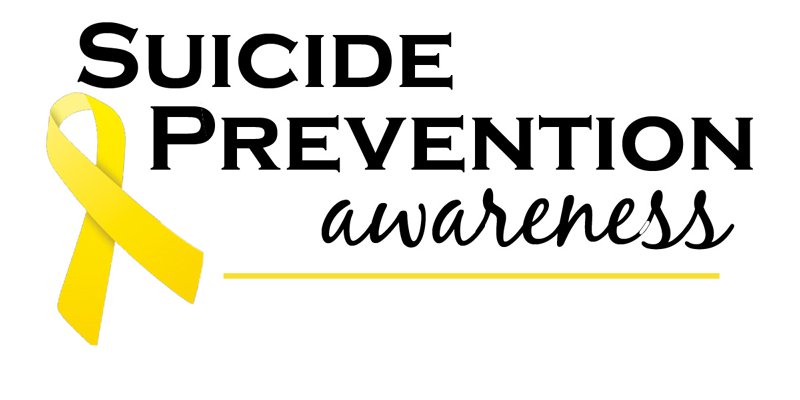
Hands off-Please Do Not Touch My Body, Yoga and Consent.
by Counseling and Wellness Center of PittsburghSeptember 30, 2018 counseling for anxiety, counseling for PTSD, psychotherapist, touch, yoga for trauma0 comments
Consent, Please Do Not Touch My Body
Hands off-Please Do Not Touch My Body.
Closeness is sacred and powerful, and we should share it however we would like with a partner or partners with whom we have provided consent. Personally, I am a ‘toucher’, meaning I am a person who enjoys touch with my partner, someone who hugs family and friends and genuinely savors safe closeness. As we...Learn MoreWhat are the benefits of a high fat diet?
by Counseling and Wellness Center of PittsburghSeptember 16, 2018 benefits of high fat diet, blue cross blue shield, counseling wellness, dietician0 comments
What are the benefits of a high fat diet?
Liz Mckinney, CNS, LDN continues to examine the big fat myth and share some more information and sample mean plan to incorporate the dietary changes of a high fat diet into your busy lifestyle. Our last blog post caused quite a stir and we want to be sure that our readers understand the differences between ‘good fats’ and ‘bad...Learn More
28 Foods to Decrease Anxiety and Depression & Enhance Positive Moods
by Counseling and Wellness Center of PittsburghJuly 31, 2018 food for anxiety, food for depression, food for mood0 comments
Food & Mood Series by Liz Mckinney, CNS, Board Certified Nutritionist
“It is both compelling and daunting to consider that dietary intervention at an individual or population level could reduce rates of psychiatric disorders. There are exciting implications for clinical care, public health, and research” – editorial in the American Journal of Psychiatry...Learn MoreTrauma Informed Care; We Have Evolved to be at risk for Trauma; Here is Why
by Counseling and Wellness Center of PittsburghJune 21, 2018 counseling for PTSD, psychology, psychotherapy, ptsd, trauma, trauma informed care, trauma therapy1 comment
Trauma Informed Care
We have fantastic and astonishing memory abilities, the human mind and its processes, particularly in the way we store and retrieve the effective memories which then effect the way that we store and respond to our other memories and sensory input. Evolutionary psychology examines the way some things that can be problematic are often helpful to us in the past and as we...Learn More
Suicide Prevention
by Counseling and Wellness Center of PittsburghJune 8, 2018 Anthony Bourdain suicide, kate spade suicide, mental health awareness, suicide, suicide prevention, suicide warning signs0 comments
With the suicide of two Hollywood Stars this week, both Kate Spade fashion designer, and beloved Anthony Bourdain, American chef and champion of human rights, we at the Counseling and Wellness Center of Pittsburgh wish to express our condolences to the families, friends, and all of those effected by these tragic losses. According to the National Institute of Health, suicide rates are rising,...Learn MoreGetting Referrals for your Therapy Business
by Counseling and Wellness Center of PittsburghMay 25, 2018 building a therapy business, counseling referrals, therapy referrals0 comments
Building Therapy Referrals for your therapy practice.
Getting Referrals for your Therapy Business
We know that for many therapists and counselors who are starting out opening a practice the day your open is such an exciting moment. So many new therapists have asked us, how do you get referrals, in our effort to help, we will share with you some time tested tips. You look forward to the...Learn More
